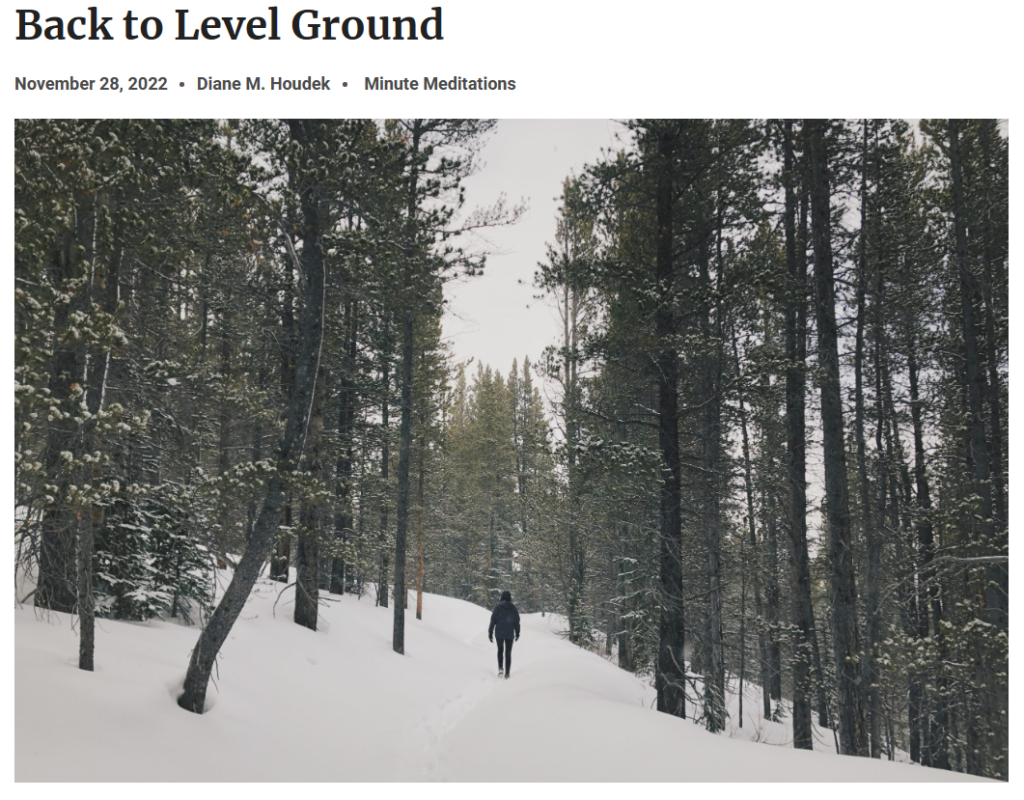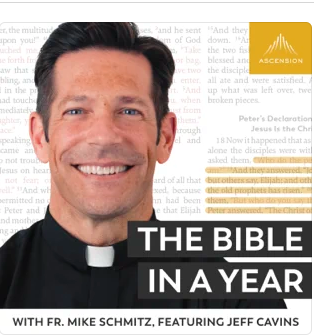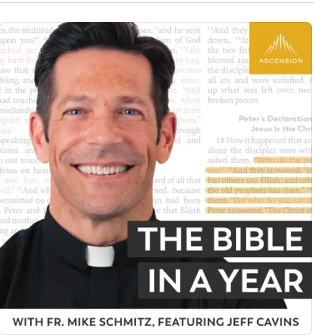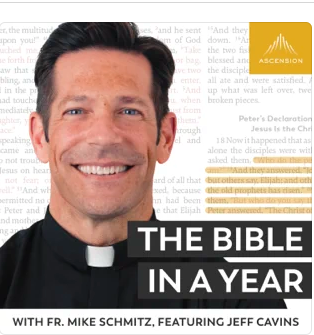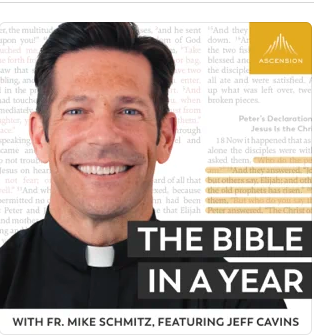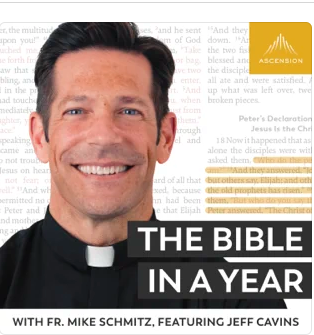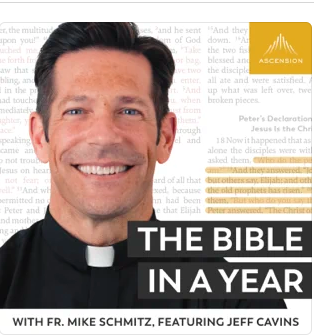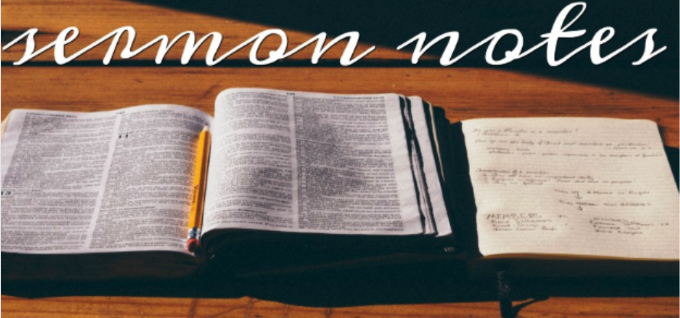
“Catholic Calisthenics”
Father Peter Fitzgibbons
January 25 – 26, 2025
Gospel: Luke 1:1-4, 4:14-21
People say, “You Catholics move around a lot in church.” Yeah, we try to keep fit. We call it Catholic calisthenics. Do you know what that is? During the Mass, we sit, we stand, we kneel, and we repeat. Do you know why we do that? Because man is composed of three elements – body, soul, and spirit. We pray with our whole body. That’s why we kneel during petitions. We kneel during Adoration, and we stand out of respect. Do you know why we do that? They are positions of prayer, and we stand out of respect.
When I was in the Officer Basic Course, as part of my training, I was required to read the officer manual. Do you know what it said? The Army didn’t take anything for granted. It said that when a lady comes into the room, you stand. I remember thinking, “Were some of these guys raised by wolves and not by women?” The Army had broad experience in dealing with stupid. So, we stood up for women. During the Mass, we also stand up for the Gospel reading. These are the words of Christ, and we stand up out of respect. When the priest proclaims the Gospel, he is acting in the person of Christ, so it is like hearing the words from Christ’s lips just as it was 2,000 years ago. We stand to show reverence for the words of God.
During prayer, we kneel in supplication. We pray with our bodies. Sometimes it gets a little out of hand. Praying with arms raised is a priestly gesture called orans posture. Imitating the actions of a priest has venial sin attached to it. Sometimes people are overly zealous. In some churches, everyone holds hands during the Lord’s Prayer. Now, unless you are a nurse trying to take my pulse, if you grab my hand, you are a dead man. Why? Because that is just made up. There was this man at my parish in Statesville who was a little off-center. I served with his son overseas. When I would say, “The Lord be with you,” he would
yell back, “AND ALSO WITH YOU, SIR!!” Thanks, appreciate it. You have to admire the guy’s zeal; he was a few pills short of a good day.
In the ancient church, people prayed the Our Father flat on their faces, prostrated, as a sign of humility because it is the words of the Lord Himself and was given to us to teach us how to pray. Praying the Our Father while prostrated showed great humility, respect, love, awe, and wonder. We, too, should pray with great awe and not in a sing-song way. We should also pray on Sunday, the day our Lord set aside for relaxation and enjoyment. That lesson is in the Old Testament in the Jewish Midrash. If you want to be Catholic, be a Jew first so that you understand why we do these things. During Midrash, we are supposed to taste and enjoy so many things to give a hundred blessings to Almighty God. That’s in the Old Testament. Indeed, as we pray with our whole body, we praise God for all His blessings.
Today in the Mass, the words of Isaiah are so true. The prophet proclaimed that he had been anointed by the Lord to bring good news: “The spirit of the Lord God is upon me because the Lord has anointed me; He has sent me to bring good news to the afflicted, to bind up the brokenhearted, to proclaim liberty to the captives, and release to the prisoners (Isaiah 61:1). Priests have the means to restore sight to those who have been blinded by sin and to free them from the prison of sin. This is the good news. This is what our good Lord announced as the way to be free in soul, mind, and spirit. Remember, the “way” is not a “what;” it is a Who. We have the means to have a divine life. Our Lord tells us how and gives us the means to achieve eternal life. We all struggle with daily crosses as we follow Him to Calvary and to the empty tomb. Unfortunately, you cannot get to the resurrection without going through Calvary. You cannot go around it. This is a wonderful day. The words of the prophet Isaiah are fulfilled.
How will you apply this message to your life? _________________________________________
You can read all of Father Fitzgibbons’ sermons by going to AnnunciationCatholicAlbemarle.com, clicking on “Blog” then “Categories” and then “Sermon Notes.” On a cell phone: click on “Blog” and then “Menu.” Scroll to the bottom and click on “Categories.” Sermon Notes are also available on the Church’s Facebook page at OLA.Catholic.Church. Click on “Groups” and then “Sermon Notes.

